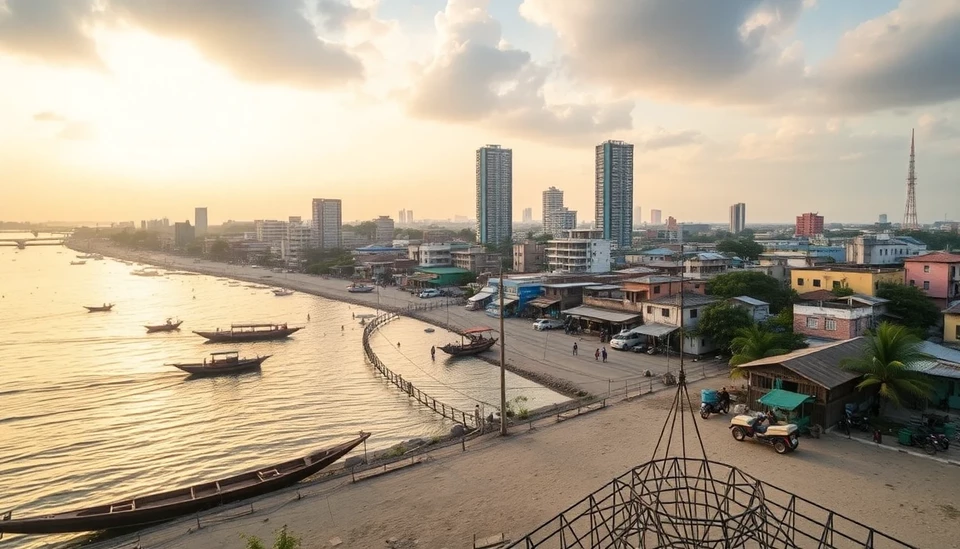
The exacting impact of climate change now extends to the degree whereby studies in recent times have shown clearly that two South Asian metropolises, Karachi of Pakistan and Dhaka of Bangladesh, will face an enormous influx of climate migrants by the year 2050. These climate migrants are mostly rural people who are being pushed out by increased global warming consequences, especially a rise in sea levels and modified weather patterns.
Experts estimate that Karachi and Dhaka would be preferred destinations, as millions of people could migrate to these cities when low-lying areas and islands become inhabitable due to acute flooding, erosion, and other climatic calamities. Such migration will place a strong burden on the already stretched resources and infrastructure of the megacity.
The geographical vulnerability of the Sundarbans in Bangladesh and the Indus River Delta in Pakistan, being inherent, makes it so that the surrounding populations are highly prone to climate displacement. Large-scale migration to urban centers, therefore, becomes inevitable rather than just likely.
This coming demographic shift is replete with challenges as well as opportunities. Planners in Karachi and Dhaka, along with all the policymakers, have a dual challenge to accommodate the arriving population while simultaneously easing the socio-economic strains such movements bring with them.
Concerns are basically for infrastructure development, housing, healthcare, and employment. Currently, both cities face extreme rates of poverty and shortage of public and housing services. The influx of millions of more residents will increase the rates if not addressed with proper actions and sustainable urban planning.
On the other hand, this is also an opportunity for progressive urban development, provided it is managed properly. It may trigger substantial investment in infrastructure, inclusive growth, and long-term climate adaptation strategies that doubtless would help in building resilience against future climatic events.
International organizations and climate advocacy groups emphasize the requirement of regional strategic policies coupled with considerable financial assistance on the part of the global community if this impending crisis is to be effectively managed. The call is to have comprehensive immediate relief efforts coupled with long-term systemic changes to prepare the urban areas for the oncoming population.
The all-engulfing many-dimensional effects of climate change are what Karachi and Dhaka have thrown into the global spotlight. Already gripping urbanization caused by climate migration urges high time for strategic planning, calling for even more international cooperation and deep commitment to resiliency and sustainability.
#ClimateChange #ClimateMigrants #Urbanization #Dhaka #Karachi #Sustainability #Infrastructure #GlobalWarming #ClimateDisplacement #and #SouthAsia
Author: Peter Collins




